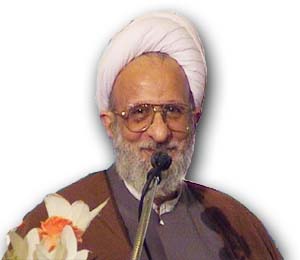What is History?
What is History? This is a question that is rarely if at all asked outside of first year undergraduate history classes and even then the question is given scant attention. Yet this is far more than a abstract philosophical question; history is what defines us and how we defines ourselves and relate to others. Thus it is a question that needs to be addressed, if we our to better understand ourselves and our surroundings; that is to say, our preconditions and our preconceptions.
George Orwell famously said "He who controls the present, controls the past. He who controls the past, controls the future." Orwell's observation abounds with clarity, it is exactly so. History is on one level a political construct (or propaganda). This does not entail that history is necessarily falsified or Machiavellian, although often this is the case. Rather it is an interpretation of the past, used to mirror the present, to some political end. This we might call politically engineered history. Such representations of history have a profound affect on the present.
Another form of history is collective history; that which a society or nation believes to be true and defines cultural and societal attitudes. This is somewhat different form politically engineered history, in that it is not an artificial construct; it is an existential reality. Something which is pervasively believed. There is an interdependent relationship between the two, which of course is what Orwell is alluding to.
Then there is our personal history, that which we recall of our past and that which we have been taught about our past. In short, our perception of who and what we are and the foundation of our beliefs and values. Just as collective history goes to the heart of who we are as a society, personal history goes to the heart of who we are as individuals.
The academic discipline of history, a somewhat dryer form, can subdivided into scientific history and interpretative history, although the two are inextricably linked - scientific history alone is usually to vague to be meaningful. Scientific history is based upon inference from empirical evidence and logically deductible conjecture, whereas interpretative history goes beyond this and seeks to makes sense of history. Only a fool would believe history, as an academic discipline to be a truth. Hence it differs from personal history and collective history, which are perceived truths or accepted truths.
This brings us to our penultimate form of history: folklore or myth. History has always existed not only to inform but to entertain. The noble art of oral story telling is in decline in the West but the art remains alive in the cinema. More people in Britain will have watched Oliver Stone's Alexander than have read Arrian's "Anabasis Alexandri".
Finally, we come to the most important aspect of history, the essential nature of history; its raison d'être; history that remains obscured and is perceived through faith not reason. Regardless of whether one believes in the inherent truth of such history, one cannot escape that many of us do believe history to have such a design and nature, and furthermore that this has profound influence upon humanity.








1 comment:
Babak I like all of what you write but this is just excellent mate
Post a Comment